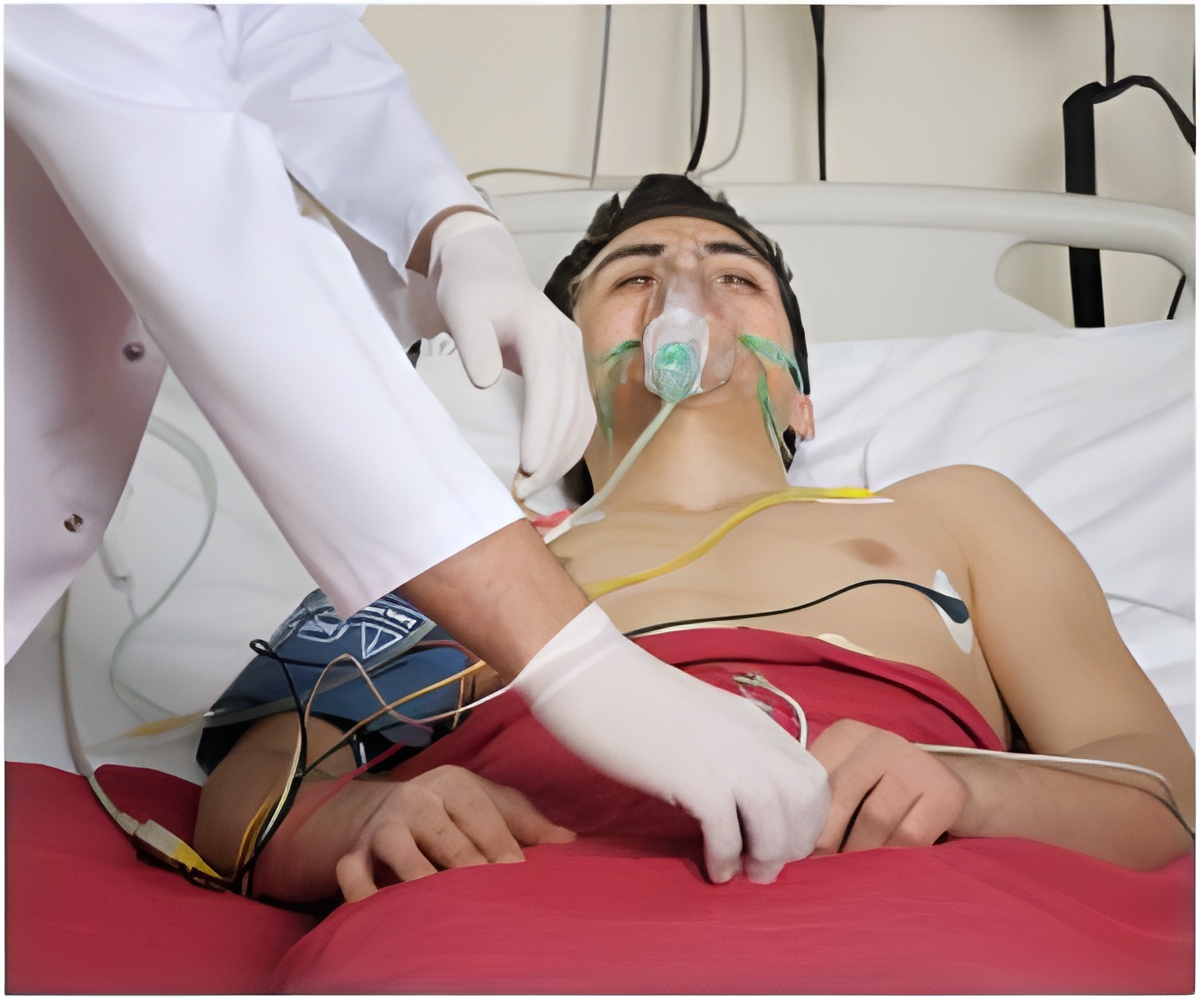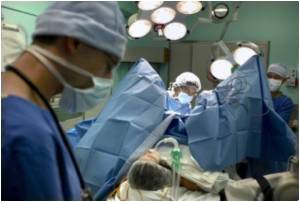A simple brain damage test can measure awareness in comatose patients and even predict when they might wake up.

‘Whole-brain energy turnover test predicts whether a patient in a coma state will regain consciousness by measuring the amount of glucose used by the brain, as consciousness is a highly energy demanding process.’





"In nearly all cases, whole-brain energy turnover directly predicted either the current level of awareness or its subsequent recovery," said Ron Kupers of the University of Copenhagen and Yale University. "In short, our findings indicate that there is a minimal energetic requirement for sustained consciousness to arise after brain injury."In the new study, Kupers, together with Johan Stender and colleagues from the University of Copenhagen in Denmark and the University of Liège in Belgium, aimed to develop more-reliable diagnostic markers for the assessment of current and future levels of consciousness to complement routine bedside clinical examinations. To this end, they quantified and mapped cerebral glucose metabolism in 131 brain-injured patients, all of whom were suffering from either full or partial loss of consciousness.
The researchers measured glucose metabolism using FDG-PET, a well-known imaging technique in which glucose labeled with a radioactive tracer molecule is injected into the bloodstream. The labeled glucose makes it possible to capture and map glucose uptake in any organ of interest-in this case, the brain.
Their results showed that the patients' individual levels of behavioral responsiveness were strongly linked to their overall cerebral energy turnover. In fact, patients with glucose metabolism below a well-defined threshold of 42 percent of normal cortical activity appeared to be fully unconscious and did not recover consciousness at 1-year follow-up. In contrast, nearly all patients with brain metabolic activity above this energetic threshold either showed signs of awareness at the initial examination or had recovered responsiveness a year later.
Overall, the researchers report, the cerebral metabolic rate accounted for the current level, or imminent return, of awareness in 94 percent of patients.
Advertisement
"The take-home message [for now] is that consciousness is a highly energy demanding process, involving the brain at large," Kupers says. "This fundamental physiological trait can help clinicians determine the potential for recovery of awareness in patients suffering from severe brain injuries of any kind."
Advertisement
Source-Eurekalert















